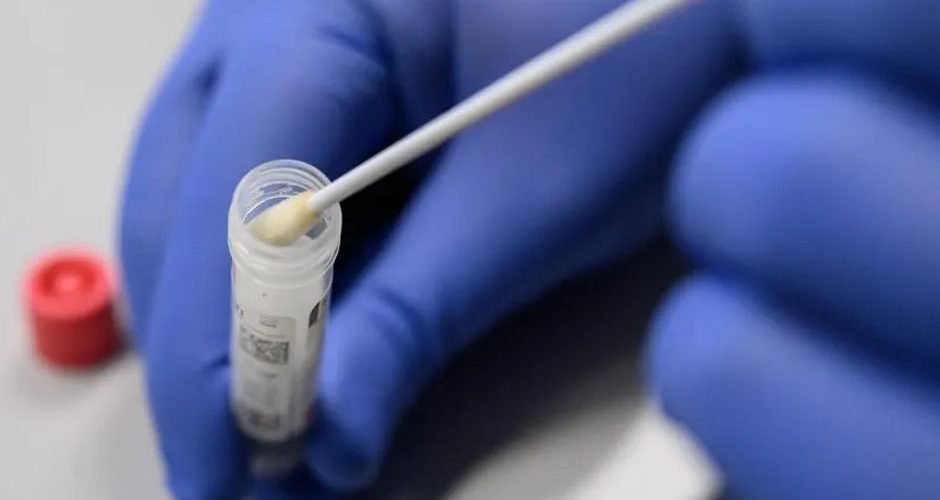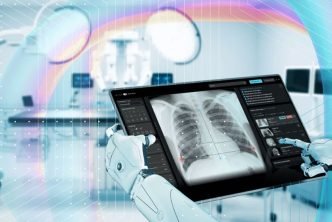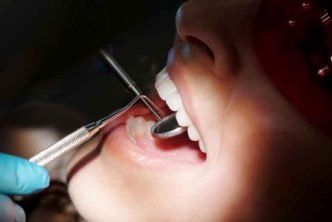Testing centers play a crucial role in the fight against COVID-19 by providing accessible and reliable testing services to individuals. These centers serve as key locations where people can get tested for the virus, helping to identify and isolate cases, trace contacts, and ultimately slow the spread of the disease. In this article, we will explore the importance of testing centers in combating the spread of COVID-19 and how they contribute to public health efforts.
Table of Contents
Providing Accessible Testing Services
One of the primary functions of testing centers is to provide accessible testing services to individuals in the community. These centers are often strategically located in areas where they can serve a large population, such as in urban centers or near healthcare facilities. By offering testing services in these locations, testing centers ensure that individuals have easy access to testing, regardless of their location or socioeconomic status.
GS Labs, for example, is a testing center in Omaha that provides COVID-19 testing services to the community. The center offers a range of testing options, including rapid antigen tests and polymerase chain reaction (PCR) tests, to meet the varying needs of individuals seeking testing. By providing accessible testing services, GS Labs plays a critical role in helping individuals determine their COVID-19 status and take appropriate measures to protect themselves and others.
Identifying and Isolating Cases
Testing centers play a crucial role in identifying and isolating cases of COVID-19, which is essential for controlling the spread of the virus. When individuals get tested at a testing center, they receive their results quickly, allowing them to take appropriate action if they test positive. This may include isolating themselves from others to prevent further transmission of the virus.
In addition to identifying cases, testing centers also play a role in contact tracing efforts. By identifying individuals who may have been exposed to COVID-19, testing centers help public health officials track and contain the spread of the virus. This proactive approach is essential for preventing outbreaks and protecting the health of the community.
Contributing to Public Health Efforts
Testing centers contribute significantly to public health efforts to combat the spread of COVID-19. By providing accessible testing services and identifying cases, these centers help reduce the overall burden of the disease on the healthcare system. This, in turn, helps ensure that healthcare resources are available to those who need them most.
Furthermore, testing centers play a crucial role in providing data to public health officials, which helps inform decision-making and response efforts. By tracking testing data, officials can identify trends in the spread of the virus and implement targeted interventions to control outbreaks. This data-driven approach is essential for effectively managing the pandemic and protecting the health of the community.
Ensuring Quality and Accuracy
One of the key responsibilities of testing centers like GS Labs is to ensure the quality and accuracy of the tests they provide. This involves following strict protocols for sample collection, processing, and analysis to minimize the risk of false results. Testing centers also use reliable testing methods, such as PCR tests, which are highly accurate in detecting the presence of the virus.
Additionally, testing centers often undergo rigorous quality assurance and accreditation processes to maintain high standards of testing. This includes regular inspections and audits to ensure that the center is operating according to established guidelines and protocols. By maintaining quality and accuracy in their testing services, testing centers help ensure that individuals receive reliable results, which is essential for effective disease control.
Educating the Community
Another important role of testing centers is to educate the community about COVID-19 and the importance of testing. This includes providing information about the symptoms of COVID-19, how the virus is spread, and the benefits of getting tested. Testing centers also educate individuals about the different testing options available to them and how to access testing services.
By educating the community, testing centers help dispel myths and misinformation about COVID-19, which can help reduce fear and stigma associated with the disease. This, in turn, can encourage more people to get tested and take appropriate precautions to protect themselves and others. Overall, education plays a crucial role in empowering individuals to make informed decisions about their health and contribute to the collective effort to combat the spread of COVID-19.
Conclusion
Testing centers play a critical role in combating the spread of COVID-19 by providing accessible testing services, identifying and isolating cases, and contributing to public health efforts. These centers are key locations where individuals can get tested for the virus, helping to slow the spread of the disease and protect the health of the community. As the pandemic continues, testing centers will remain essential in our efforts to control the spread of COVID-19 and protect public health.





